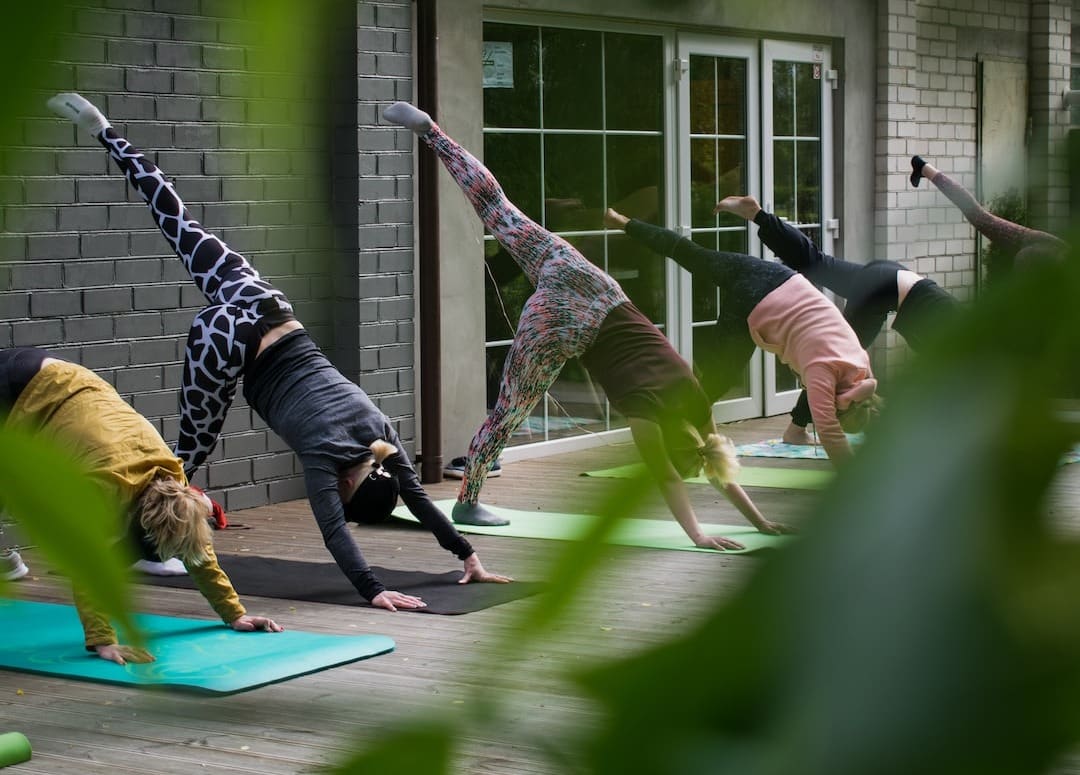Addiction is a serious disease that impacts many people and their families. Part of the recovery process for addiction is learning new healthy habits. Exercise is one of these. If we haven’t previously exercised much, that is ok. We can learn what kind and how to incorporate many different types of exercise into our lives.
Exercise helps us to learn how to find joy without using substances. It also improves our overall health. Both mentally and physically. Thus, it is an important tool to learn and can help us to maintain our sobriety.
Exercise: What Is It?
The term exercise is commonly used. It is often described as going to the gym, jogging, or biking. However, there are many types of exercise. It is defined as any type of activity that requires physical effort. This could range from lifting weights, gardening, or going on a walk.
Researchers have found that different types of exercise have varying benefits. This means that different types of exercise will impact our recovery and sobriety in different ways.
Endurance Exercise
Often called aerobic exercise, endurance exercise includes activities that are done for long periods. The intensity is generally low to medium due to the length of time exercising. Examples include jogging, dancing, or yard work.
Endurance movement helps our recovery in multiple ways. First, it improves our ability to participate in our community. This may look like playing a game of tag with our children or helping a parent or friend in their yard. Secondly, it improves our health. Having improved endurance decreases our risk of multiple types of cancer, heart disease, and other chronic health conditions.
Strength
We can build strength in many ways. The most common is weight lifting or strength training at a gym or at home. However, we can also improve our strengths in other ways. Doing yoga, yard work, or even housework can all help us to strengthen our bodies.
Strength is essential in maintaining sobriety. It is a crucial part of taking care of ourselves. When we are strong, we can carry our groceries and clean our house. Strength can also help to decrease pain levels in the body. This means we feel better, which helps us to remain sober.
Balance and Flexibility
Many types of exercise incorporate balance and flexibility. Options such as Thai Chi or Yoga often include stretching and balance work as one aspect of a class. While they may at first seem less important, they both play a role in our health and sobriety.
Improved balance decreases the chance of falling and improves our ability to move around better. Improved flexibility can decrease pain and help us to move with more ease. Movement can bring us a lot of joy. Balance and flexibility help us to feel better as we learn to increase movement and exercise in our lives.
Exercise During Treatment: How Is It Helpful?
During treatment and recovery, exercise is very important. Researchers have shown that it helps us improve recovery outcomes for multiple different types of addiction. Exercising provides a great alternative to enjoying activities while maintaining sobriety. It also helps us to improve mental and physical health, which is very important for long-term sobriety.
Exercise as an Alternative and Fun Activity
Getting involved in different kinds of exercise serves as a healthy alternative to using drugs or alcohol. Activities like playing sports with friends or going on a hike serve this purpose. They not only increase movement, but they also give us something positive to do with our time.
Movement-based activities can help us connect with other people and build community. Playing on a recreational sports team or going on a walk with a friend are both examples. They can also be fun. Some of us enjoy certain sports or activities better than others. Participating is a great way to spend our time and learn how to find joy in our lives while maintaining sobriety.
Improving Mental and Physical Health
According to the U.S. Department of Health and Human Services, exercise improves our overall well-being. This includes both mental and physical health. Examples include the following:
- Decreased risk of depression and anxiety
- Improved mood
- Better cognitive functioning
- Improved brain health
- Better sleep quality and quantity
- Decreased risk of heart disease, certain types of cancer, and more diseases
Addiction causes many physical health issues. Addressing these in recovery helps us to feel better and improves our long-term health. Many mental health issues also commonly co-occur with addiction. Therefore, the impact of exercise on our mental health and physical health is very important in recovery.
Exercise: A Vital Part of Treatment
At Villa Oasis San Diego, residents have an opportunity to explore many different types of exercise. Activities like Yoga, personal training, and hiking are all available. Exploring different opportunities in treatment is a great option. As we learn what we enjoy, we are more likely to find something that we can continue as we transition back into our lives after treatment.
Exercise has many health benefits, regardless of what options we choose. It helps to improve our physical health and mental health. Discovering exercise options in treatment can help us to improve our long-term sobriety. As we learn what we enjoy and what helps us, we can carry these skills into our lives. At Villa Oasis San Diego, we offer various types of exercise. We believe that our residents can learn new foundational skills in treatment that can help them as they reintegrate into their lives. If you or your loved one is in need of help with addiction treatment, consider a program that included exercise options. Call us today at (619) 373-9792 to learn more.




